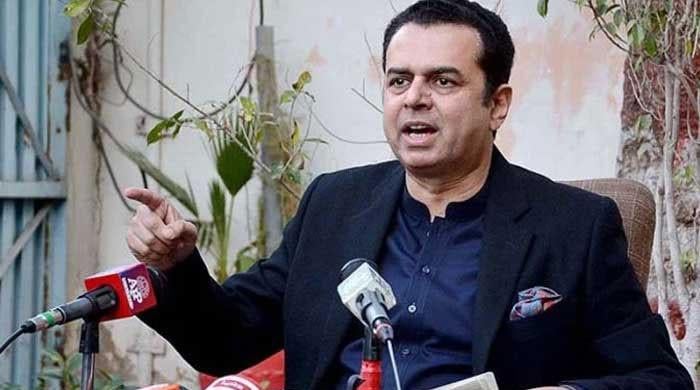Govt decides high treason case against Musharraf
ISLAMABAD: The government has decided to let the jailed dictator General Pervez Musharraf face Article 6 of the Constitution for abrogating the Constitution on November 3, 2007, writes Ansar...
June 21, 2013
A federal minister, on condition of not being named, confided to The News here on Thursday that in the Supreme Court case seeking the trial of Musharraf under Article 6, the government would support upholding the Constitution and the rule of law instead of saving the dictator from trial on high treason charges.
The federal minister, who holds an important portfolio in the cabinet, said as indicated by Nawaz Sharif prior to his appointment as the prime minister, the government would support Musharraf’s trial under the high treason charges.
A few days back, the newly-appointed Attorney General Munir A Malik met Prime Minister Nawaz Sharif to get his mind about the government’s stance on the issue of Musharraf’s trial under Article 6 of the Constitution. This meeting was held in view of the stance to be taken by the government before the apex court on June 24 when the case would be heard by the SC.
Former Attorney General Irfan Qadir, while representing the caretaker government, had submitted a statement saying that the interim government was not interested in prosecuting the former military dictator. He had further contended that now was the time to ascertain the view of the newly-elected government in the case.
In its last hearing of the case, the Supreme Court had made it clear that it would implement the Article 6 of the Constitution in the Pervez Musharraf treason case even if heavens fall.
The three-member bench of the apex court comprising Justice Jawwad S. Khawaja, Justice Khilji Arif Hussain and Justice Ejaz Afzal Khan hearing the case had also observed that hearing into the case would be decided in accordance with the law.
The Nawaz Sharif government, the minister said, would assure that the decision of the apex court in the case would be implemented by the government. Under the law, the secretary interior has to lodge a complaint against Musharraf under the Article 6 of the Constitution read with High Treason (Punishment) Act 1973 for subverting or abrogating the Constitution.
The caretaker government of Mir Hazar Khan Khoso was asked by the court to proceed in the case in line with the Constitution but it had flatly refused to initiate the treason trial of Musharraf, contending before the Supreme Court that it was beyond the caretaker government’s mandate to take any ‘controversial’ step.
In a statement read out before the three-member bench, the interim government in the third week of April last had noted that fewer than three weeks were left to the elections, and overseeing the vote was a full-time job, given the threat level against the candidates.
On this cold response of the caretakers, the bench head Justice Jawwad S Khawaja said: “The Federation had taken no action in the past and today (April 22) it has been revealed that no legal action will be taken against the former Chief of Army Staff in the future as well.”
The caretaker government’s refusal though gave a temporary breathing space to Musharraf who is already under house arrest in connection with different criminal cases pending against him before different courts; the former dictator is now in serious danger of becoming the first-ever dictator in the country’s history to have faced trial under Article 6 of the Constitution.









